Is that recyclable?
ENVIRONMENT. To bone up on our collective recycling IQ and settle some fierce inter-office disputes, we went grocery shopping and asked local experts to walk us through what to do with each item on our list. Find out the answers -- and test your knowledge -- in the quiz below.
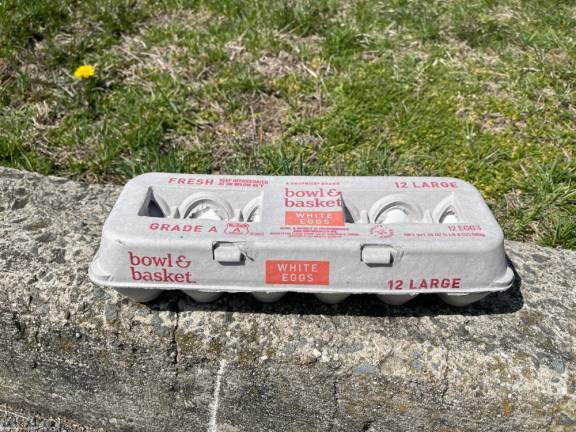
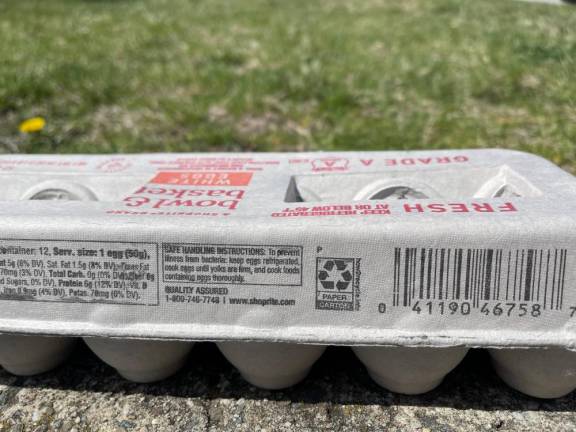
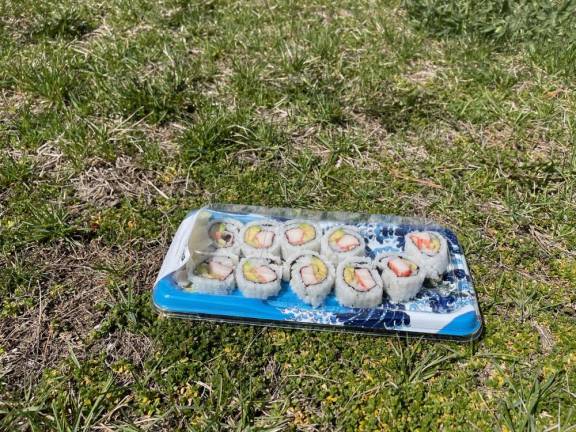
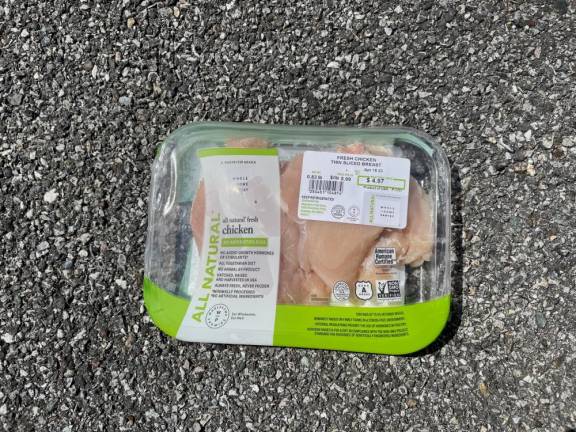
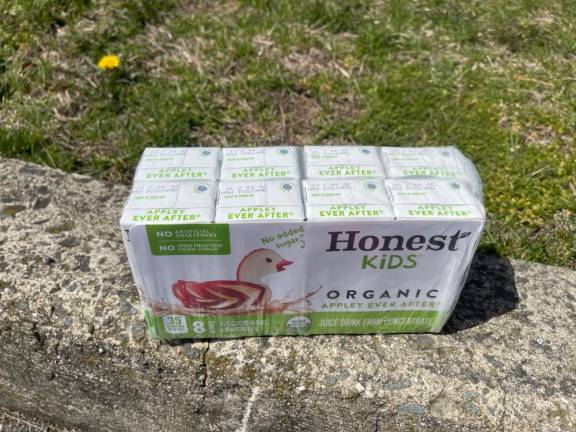
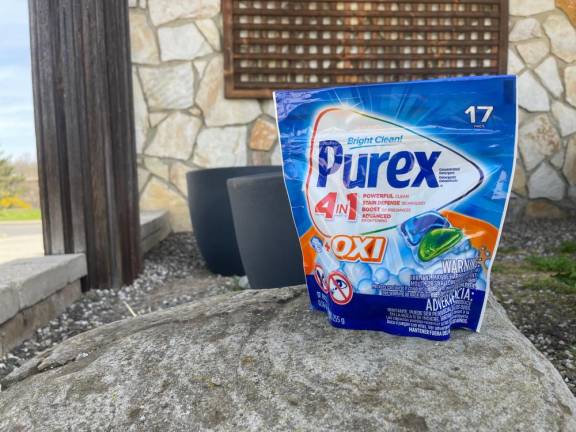
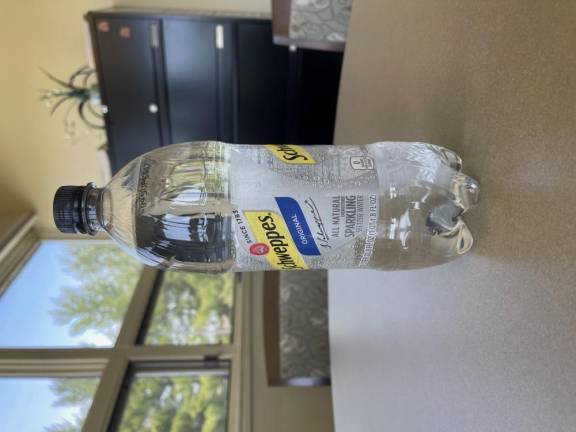
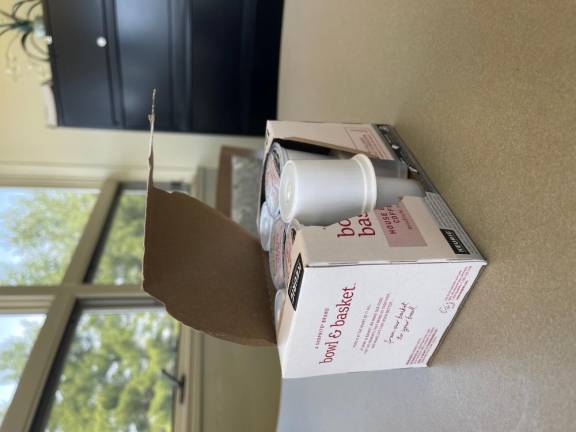
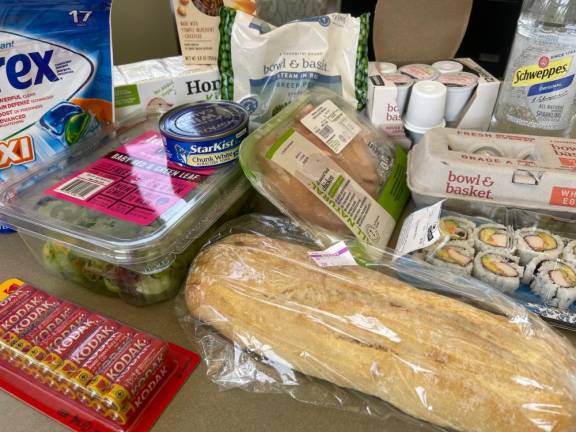
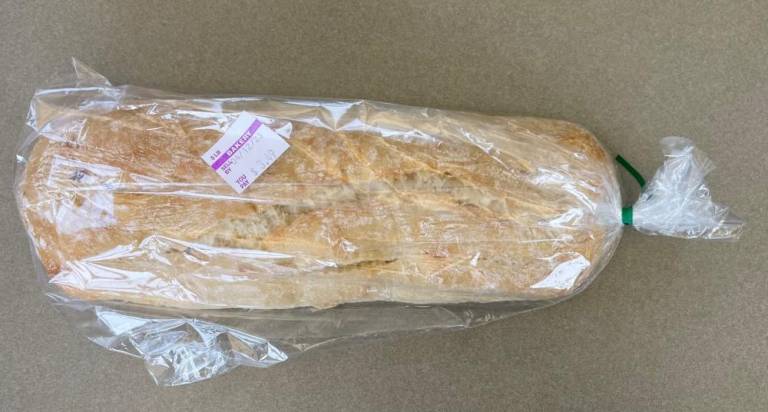
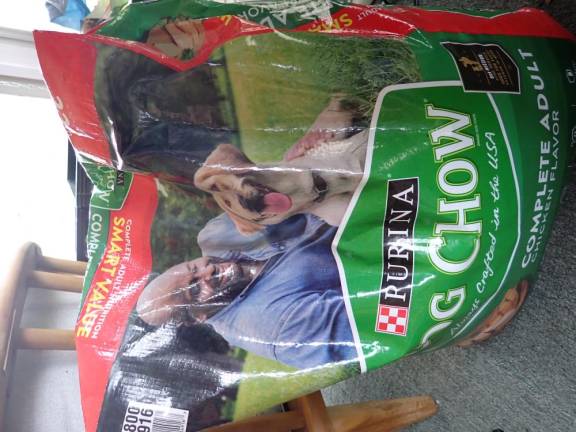
“Main Street America, you can barely tell what’s the recycling and what’s the trash bin,” said Ermin Siljkovic, recycling coordinator at the Orange County Department of Public Works. “China is refusing to take our recyclables because the amount of contamination is bordering on 30%. And their standard is below 1%.”
The United States leads the world in per capita garbage production, and the volume of single-use plastics soared at the onset of the pandemic. But we are notoriously lackluster at figuring out what to do with it after we’ve used it.
Our biggest problem is “wish-cycling” – tossing into the bin something you hope is recyclable (say Christmas lights, rope or plastic bags) but isn’t. Not only does it have to get trucked once again to the landfill, but it can end up contaminating a whole bale or jamming up the machinery, sometimes even creating hazardous conditions at the sorting facility. It is far preferable, said Siljkovic, to err on the other side. “When in doubt, throw it out,” he said.
Used diapers – both baby and adult – and chew cans filled with spit are among the more egregious things that Debbie Danielson, recycling coordinator in Newton, NJ, has seen in recycling bins.
“We’ve got our residents educated pretty well, but you always get some contaminants, we call them,” said Randy Heller, recycling solid waste director for Wayne County, PA. “We’ve been here so long, most of our customers are pretty educated on what to separate and what we accept and what we don’t accept.”
Cleaning up our recycling streams not only behooves us environmentally, but also financially.
“We have to create the materials the industry wants,” said Siljkovic, who has worked in the recycling world for 15 years, and in his current job for seven. “Waste management is becoming more and more expensive.”
Not only are trash hauling rates soaring as landfill space gets ever-more expensive, but on top of that, materials processors that handle our recyclables are “just pretty much rejecting materials outright; if not charging added fees to clean up the stream,” Siljkovic added. “Extra costs are why hundreds of municipalities have cut back or gotten rid of recycling.”
Nowadays, much of our recycling goes to India, Malaysia or Thailand. “Ironically, those markets are taking the material, cleaning it up, sending it to China,” Siljkovic said. “I’m not blaming people, but it definitely starts with us.”
To bone up on our collective recycling IQ and settle some fierce inter-office disputes, we went grocery shopping and asked Siljkovic to walk us through what to do with each item on our list. The below guidelines hold true about 90% of the time, he said, but there is slight variation from one municipality to another. Some don’t take plastic clamshells (takeout containers) while others don’t handle glass. Not sure about a particular item? Recyclecoach.com is a helpful resource.